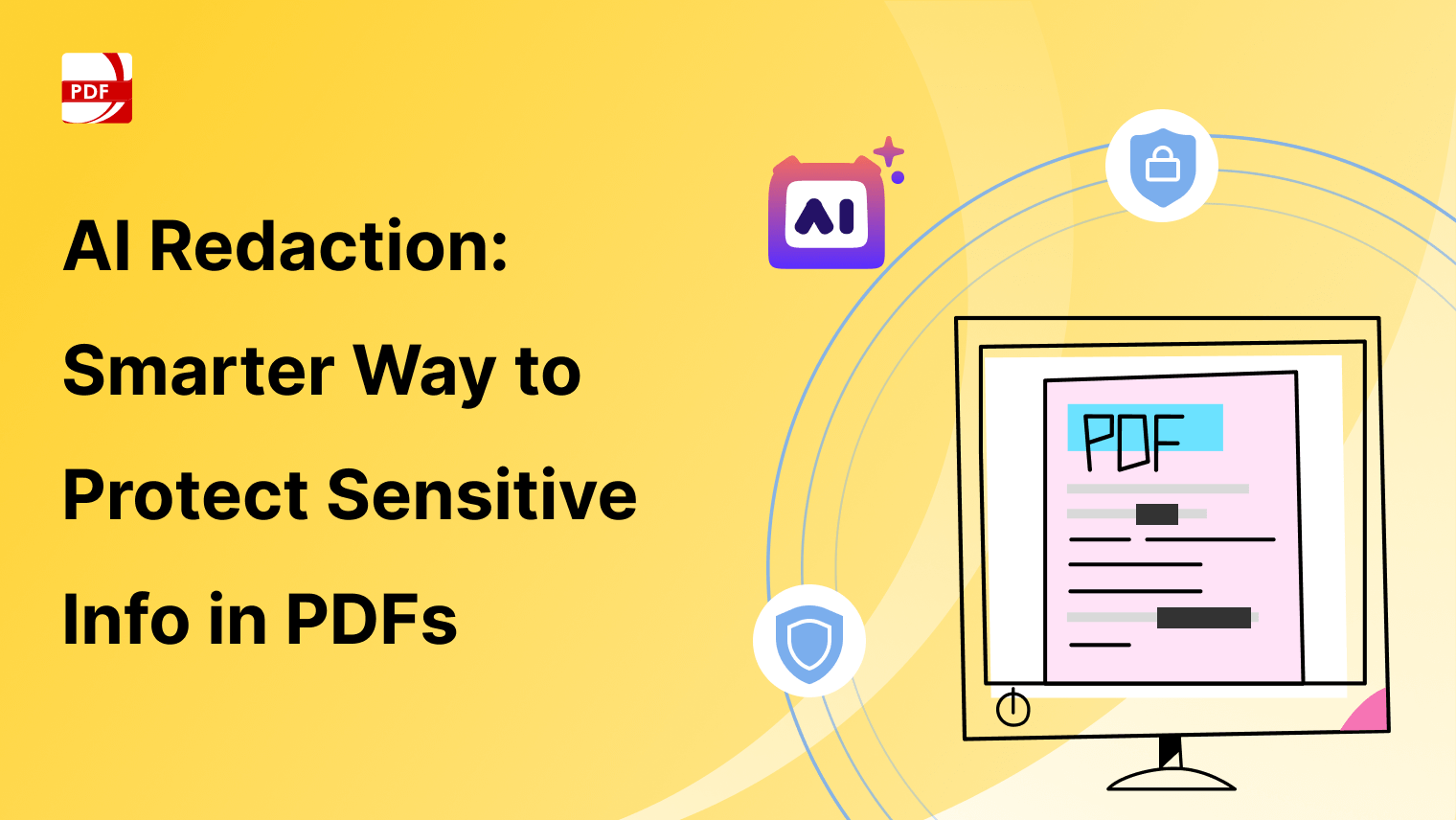A Proof of Funds (POF) letter is a document that demonstrates a person or entity has the financial ability to complete a transaction. Typically used in real estate transactions, the POF is provided by the buyer's bank or financial institution to confirm that they have the required funds or approved financing to buy a property.
Such a letter provides assurance to sellers that the buyer has the necessary funds to complete the purchase.
Download Proof of Funds Letter Template
To simplify the process of crafting your proof of funds letter, PDF Reader Pro offers a Proof of Funds Letter PDF Template.
This template is designed to guide you through creating a professional and well-structured proof of funds letter.
Ensure your financial records are accurate and up-to-date with our detailed bank statement example.
Key Components of a Typical Proof of Funds Letter
-
Letterhead: The POF is usually issued on the financial institution's official letterhead to establish authenticity.
-
Date: The date when the letter was issued.
-
Account Holder's Name: The name of the person or entity that holds the account.
-
Account Details: The type of account (e.g., savings, checking, or investment) and the account number (often partially obscured for security reasons).
-
Balance: The current balance of the account or the approved loan amount. Some letters may also show an average balance over a specified period.
-
Bank's Contact Information: Address, phone number, and other contact details of the bank or financial institution.
-
Duration: The validity period of the POF letter, after which a new letter might be required.
-
Signature: The signature of the bank or financial institution's authorized representative.
-
Disclaimer or Terms: Some POF letters might have disclaimers, noting that the letter does not constitute a financial commitment or guarantee from the bank.

It's essential to note that a Proof of Funds letter differs from a pre-approval or pre-qualification letter:
-
Proof of Funds: Demonstrates that the buyer has enough funds available to complete a purchase.
-
Pre-approval Letter: Indicates a lender has reviewed a buyer's financial information and has agreed, in principle, to give them a loan up to a specified amount, assuming no material change in their financial situation and pending a property appraisal.
-
Pre-qualification Letter: Provides an estimate of how much the buyer might be eligible to borrow based on a preliminary review of their financial information. It's less rigorous and formal than a pre-approval.
When involved in transactions that require demonstrating financial capability, such as real estate purchases, it's a good idea to have a Proof of Funds letter readily available. This can speed up the process and instill confidence in sellers or other involved parties.

Learn how to draft a solid business contract to protect your interests and ensure smooth transactions.
When and Why You Need a Proof of Funds Letter
A proof of funds (POF) letter is essential in many financial transactions, primarily when purchasing real estate, investing, or engaging in other large financial commitments. Here’s why and when you might need one:
When to Use a Proof of Funds Letter:
- Real Estate Transactions: A POF letter is typically required by sellers to ensure that the potential buyer has sufficient funds to complete the purchase.
- Investment Opportunities: When engaging in large-scale investments, a POF letter can be necessary to prove you have the financial backing needed for the investment.
- Business Transactions: For large business purchases or contracts, parties may require a POF to confirm financial stability.
Why You Need a Proof of Funds Letter:
- Credibility: It adds credibility to your financial profile by showing that you have the financial resources available as claimed.
- Expedite Transactions: It helps in speeding up transactions by providing assurance to the other party about your financial capabilities.
- Requirement: In many cases, a POF letter is a mandatory requirement to move forward with financial dealings or negotiations.
Stay ahead of tax season with our guide on Tax Day 2024 and tips for meeting all deadlines.












 Free Download
Free Download  Free Download
Free Download 





 Support Chat
Support Chat